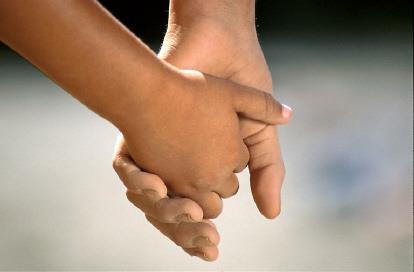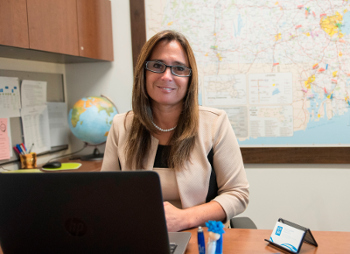Do you have a question about JRI services?

Back to School
There is an energy that flows through school hallways on the first day. So many new things all at once. New teachers, new classmates, new lockers, new notebooks, new markers, new shoes. Students haven’t seen one another in weeks, so there is much to catch up on. Trips to Storyland, getting drivers licenses, beach weeks, going shopping for new clothes, summer sports, camp outs, first jobs, and on and on. Summer is such a treasured time, a golden season that is supposed to be filled with golden memories. The first weeks back in the classroom mean time to tell tales, reconnect, woo one another with great stories. And we love hearing those stories.
As papers shuffle and chairs squeak, though, we are mindful of the child in the classroom who is just sitting quietly. He is sketching in his notebook, she is busy on her phone, steadily avoiding eye contact. He doesn’t know anyone in the classroom. She is afraid someone will know her. For kids in care, the beginning of the school year is often just another parade of transitions. New school, new teacher, new kids. Their clothes might not be new. They might not even be their clothes, but clothes that were given to them, no choice involved. Their summer may not have involved a beach weekend. It may have involved moving house to house as they hotlined, a different bed every night. It may have involved being separated from parents and siblings, who they may or may not have contact with on a regular basis. It probably involved therapy, visits with a social worker, and could have involved meeting with investigators. It was a summer so different, their stomach knots as they brace for someone to ask what they did, how they spent their summer vacation.
Often times, our kids feel out of step with their peers. In some ways, they are older. They know how to buy groceries, change a diaper, call out sick for their parent, convince a doctor that they fell down the stairs, call an ambulance when someone is overdosing. The world is a serious place, filled with things that can hurt you if you aren’t always on the lookout. At the same time, those milestones that their peers experience, the relationships their peers develop, often eludes our kids. They aren’t as socially savvy, they don’t know how to relate to peers, and their emotions are very raw. In the jumble of school, they can feel out of step. How do you explain the person who picks you up? How do you explain all of the appointments you have that cause you to come in late, go home early? How do you explain that you can’t go over someone’s house after school, because your social worker has to do a background search on their parents and do a home inspection? Sometimes, it is just easier to avoid. Avoid eye contact, avoid conversations, avoid involvement. Because if you get involved, the reality is that you could leave in the blink of an eye and have to start all over again. So why bother?
Our request to our Caring Community is to reach out. Teach your child to reach out to the kid who eats lunch alone, to include the new child, to show a lost student how to get to their next class. Please don’t assume, don’t suppose that the silent glare means a bad kid. It probably means a sad kid. As the year rolls to a start, please remember the struggles some students are facing and stand beside them as they walk into another year of unknowns.
If you would like to be a landing place for a child facing a world full of unknowns, please reach out to us today.
#FosterHopeFosterCare #OpenHeartsOpenHomes #BackToSchoolBuddies
Topics: Foster Care, Adoption, Lifebooks



